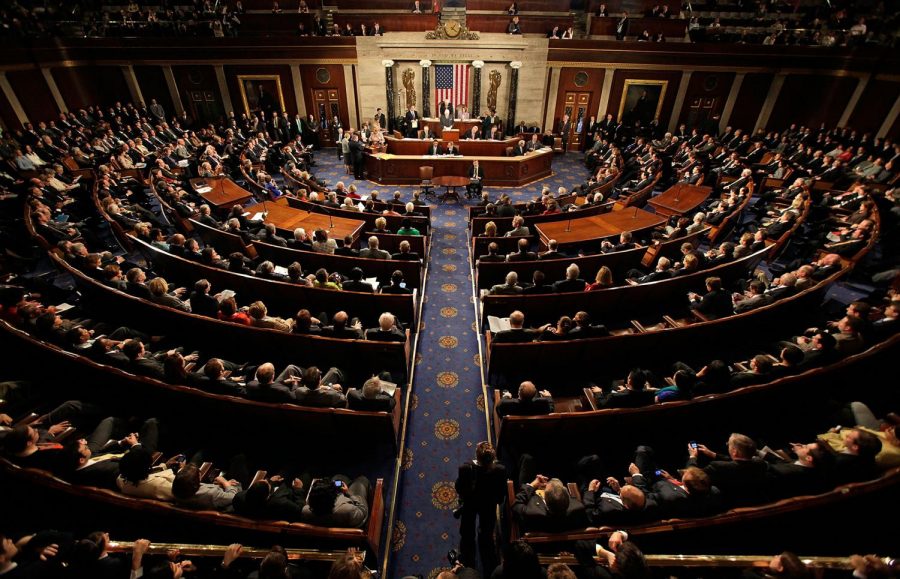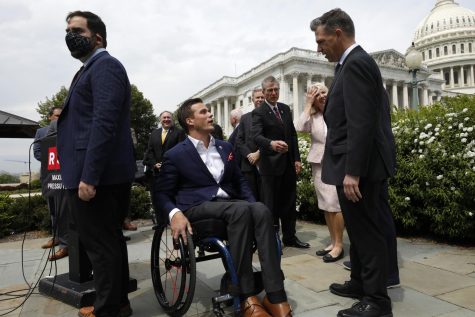What is the Electoral College?
Remember, it’s the Electoral College that determines who becomes president—not the national popular vote.
It’s a surprising and often confusing fact that surfaces with every election: The Electoral College ultimately decides on the next POTUS.
Take the 2016 election, for example. Hillary Clinton won the popular vote against Donald Trump by nearly 3 million voters. Because Trump had 74 more electoral votes than Clinton, he won the presidency.
Why do we have the Electoral College?
The formation of the Electoral College was due to fear of total direct democracy—if the people chose the president, the Founding Fathers argued, they could easily choose someone unfit for office. To best represent the interests of the people and to avoid, having a tyrant in office, they settled on the Electoral College, as outlined in Article II, Section 1 of the U.S. Constitution.
This wasn’t a unanimous or even an easy decision, though. It took months for the delegates to decide on this compromise.
How does the Electoral College work?
Each state has a certain number of “electors,” people who ultimately vote the president in, which is based on how many Representatives and Senators that state has in Congress. In total, there are 538 electors; the first candidate to reach 270 votes wins the election. In all of United States history, only five presidents won the Electoral College while losing the popular vote.
The electors are usually chosen at the State’s party conventions by a vote. When you cast your ballot, you’re actually voting for the electors appointed by the state’s political parties. After the popular vote is counted, the winning candidate’s electors vote for the president.
The variance of electors in each state—and their loyalty to a given party—means that presidential candidates must strategically campaign to finesse the polls and win the electoral votes. The states that boost the electoral advantage are called key battleground states.
North Carolina is one such state and has 15 electors.
This doesn’t mean that your vote doesn’t matter. By voting, you choose mayors, governors, judges, and more local officials who directly influence the city and county where you reside. Indirectly, you vote for the next POTUS—although the formal voting honor belongs to the electors themselves.
Don’t let the Electoral College dissuade you from voting. Use your voting power to act on your beliefs.
Should we still be using the Electoral College?
This is the question that surfaces every four years and isn’t necessarily easy to answer. There’s a lot to consider.
First, the electoral votes are often unequally distributed. Less populous states like Wyoming, have the minimum number of three electoral votes, but is overrepresented because of how small its population is; each electoral college vote represents 193,000 people.
California, on the other hand, is underrepresented. It has a population of around 40 million with 55 electoral votes, meaning each electoral vote represents 718,000 people.
It’s also important to consider that when the Founding Fathers voted to approve the Electoral College system, voting rights belonged exclusively to white male property owners. Some argue that the real reason the Electoral College exists is because of slavery: because slaves were only counted as three-fifths of a person, prominent slave states had higher electoral votes which reinstated the power to the slave owners.











